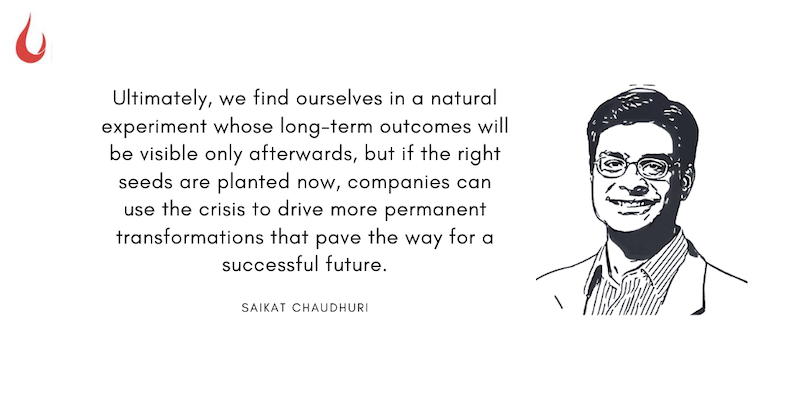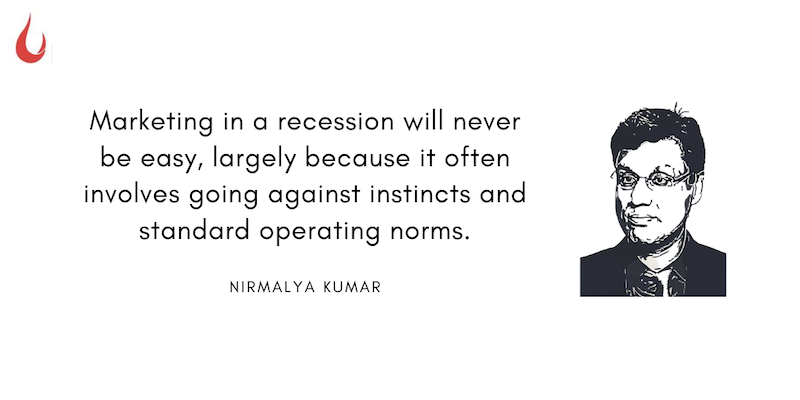[Image by Mohamed Hassan from Pixabay]
Good Morning,
We spent the weekend revisiting Walter Isaacson’s magnificent biography Leonardo Da Vinci. Popular imagination has it that Da Vinci was a painter. But as Isaacson eloquently puts it, “….he was a genius: wildly imaginative, passionately curious, and creative across multiple disciplines.”
“But we should be wary of that word. Slapping the genius label on Leonardo oddly minimizes him by making it seem as if he were touched by lightning. His early biographer, Giorgio Vasari, a sixteenth-century artist, made this mistake: `Sometimes, in supernatural fashion, a single person is marvellously endowed by heaven with beauty, grace, and talent in such abundance that his every act is divine and everything he does clearly comes from God rather than from human art.’
“In fact, Leonardo’s genius was a human one, wrought by his own will and ambition. It did not come from being the divine recipient, like Newton or Einstein, of a mind with so much processing power that we mere mortals cannot fathom it. Leonardo had almost no schooling and could barely read Latin or do long division. His genius was of the type we can understand, even take lessons from. It was based on skills we can aspire to improve in ourselves, such as curiosity and intense observation. He had an imagination so excitable that it flirted with the edges of fantasy, which is also something we can try to preserve in ourselves and indulge in our children.”
Inspirational indeed. And of the kind most of us need on a Monday morning.
In this issue.
-
The Future of WFH
-
Don’t cut on marketing
-
How to fight when at WFH
The future of WFH
Saikat Chaudhuri, Executive Director of the Mack Institute of Innovation Management has co-authored an interesting paper about the Work-From-Home culture.

Neil Maskeri and Chaudhuri point that companies across verticals and geographies are exploring the option in much detail. There are upsides and downsides to it. They offer four insights to survive in the long term.
-
The pandemic-induced stress has created a situation where clients are opening up and are engaging with professionals not just for specific expertise. They are “opening up more about issues outside of normal work discussions. This phenomenon has led to new opportunities for relationship-building, which are not only ensuring continuation of and repeat business, but also opening up new potential professional services.”
-
They are witnesses to stress on the system. That is why, they write, “under normal circumstances, many practitioners would prepare filings on deadline. The pandemic, however, has enormously strained the infrastructure, both at a firm level and at the agency level, resulting in frequent system outages and substantial outage.”
-
Interestingly, now “meetings are easier to set up, as people are more available to meet.”
-
However, they point out, “one of the biggest challenges in this future of work is the creation and nurturing of relationships with others.
Chaudhuri has kickstarted an interesting conversation on the theme on his LinkedIn Page.
Don’t cut on marketing
When the times get tough, those in leadership roles have tough calls to make. Because budgets shrink. Do you cut on payrolls, R&D or marketing spend? When looked at, this may seem like a no-brainer.

“But that is today’s equivalent of bleeding – an old-fashioned but once widespread treatment that actually reduces the patient’s ability to fight disease,” writes Nirmalya Kumar of Singapore Management University in the Harvard Business Review.
When he teamed up with Koen Pauels to look under the hood, all evidence showed “companies that have bounced back most strongly from previous recessions usually did not cut their marketing spend, and in many cases actually increased it. But they did change what they were spending their marketing budget on and when to reflect the new context in which they operated.”
Using case studies of successful advertising and marketing campaigns that have worked in the past, they argue that “during recessions, when most firms are cutting back on their brand advertising, a firm’s share of voice increases if it can maintain or increase its advertising budget.”
How to argue when at WFH
Since you can’t argue with colleagues one-on-one, and there only so much you can yell from over the phone or on video, here’s a pointer.

(via WhatsApp)
Any pointers you may have to offer? Head to our Slack channel. Or tag us on Twitter @foundingF
And if you missed previous editions of this newsletter, they’re all archived here.
Bookmark Founding Fuel’s special section on Thriving in Volatile Times. All our stories on how individuals and businesses are responding to the pandemic until now are posted there.
Warm regards,
Team Founding Fuel


